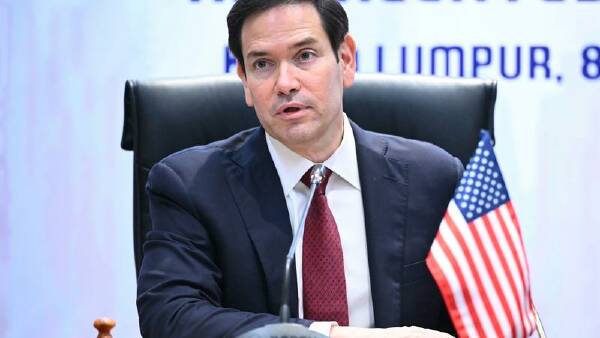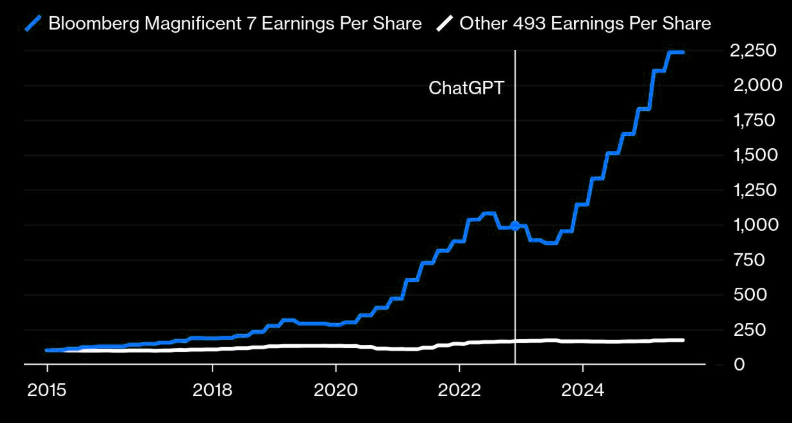
During the ASEAN summit held on October 6, 2023, in Jakarta, Indonesia, United States Secretary of State Marco Rubio emphasized America’s ongoing dedication to strengthening ties with Southeast Asia. This assurance comes as member nations express growing concerns regarding potential tariffs that could impact their economies.
Rubio’s remarks aimed to reaffirm that the U.S. remains focused on enhancing collaboration within the region, particularly in response to China’s increasing influence. He highlighted the importance of economic partnerships and joint initiatives, stating, “The U.S. is committed to working alongside ASEAN nations to achieve mutual prosperity.”
Addressing Economic Tensions
Despite the positive message, officials from several ASEAN countries voiced unease over the prospect of renewed tariffs. This follows a series of trade tensions that have characterized U.S.-China relations, leading to fears that such measures could extend to their economies as well. Tariffs could complicate regional trade dynamics, affecting local businesses and market stability.
Rubio acknowledged these concerns, noting that the U.S. is aware of the potential repercussions for ASEAN nations. “We are fully committed to ensuring that our policies do not inadvertently harm our partners in Southeast Asia,” he stated, aiming to reassure member states that their interests are a priority in U.S. trade discussions.
The Secretary of State’s visit to the summit is part of a broader strategy to reinforce American presence in Asia. In recent years, the U.S. has sought to counterbalance China’s expanding economic reach by enhancing diplomatic and economic relations with ASEAN members. The region is vital to U.S. interests, with approximately $300 billion in trade occurring between the U.S. and ASEAN nations annually.
Strategic Partnerships Ahead
Looking forward, Rubio outlined plans for increased cooperation on key issues, including climate change, cybersecurity, and regional security. He stated that collaborative efforts in these areas will not only benefit the U.S. but also strengthen the resilience of ASEAN countries against external challenges.
Rubio’s comments reflect a broader U.S. strategy to maintain its influence in Asia while addressing economic anxieties related to tariff policies. As the summit continues, the Secretary of State’s ability to balance these interests will be closely watched by both ASEAN leaders and global observers.
Ultimately, the discussions at the ASEAN summit underscore the complex interplay of international trade, diplomacy, and regional security. As the U.S. navigates these challenges, maintaining strong, cooperative relationships with ASEAN countries remains essential for fostering a stable and prosperous Asia-Pacific region.






